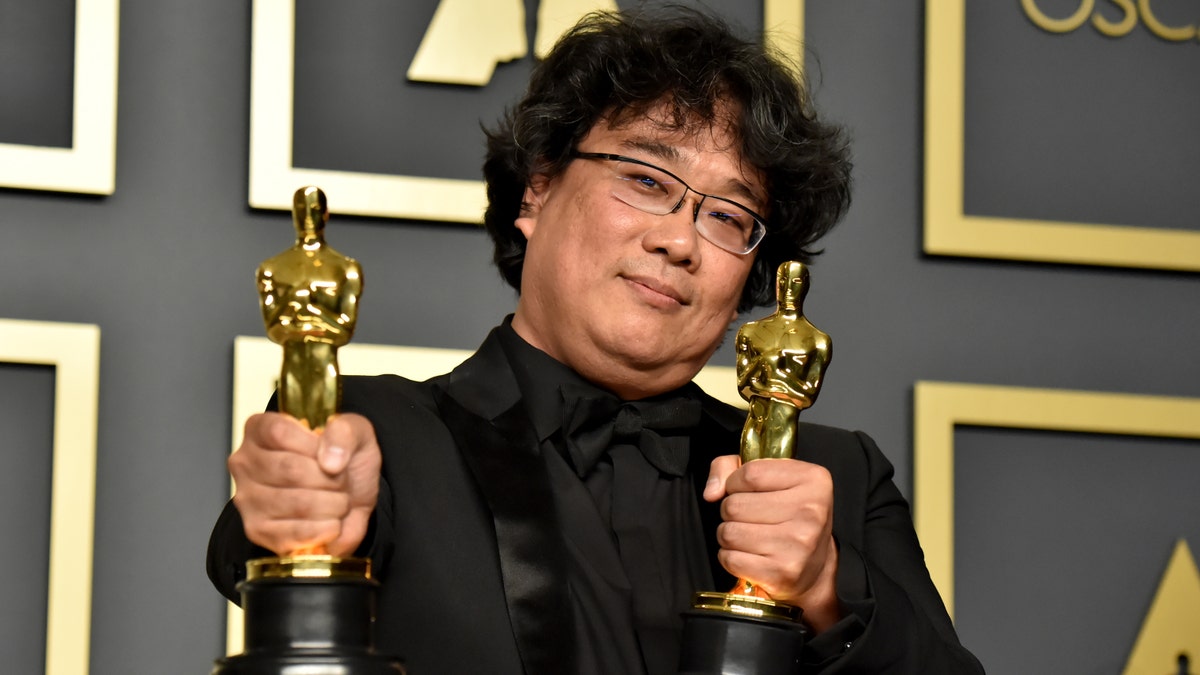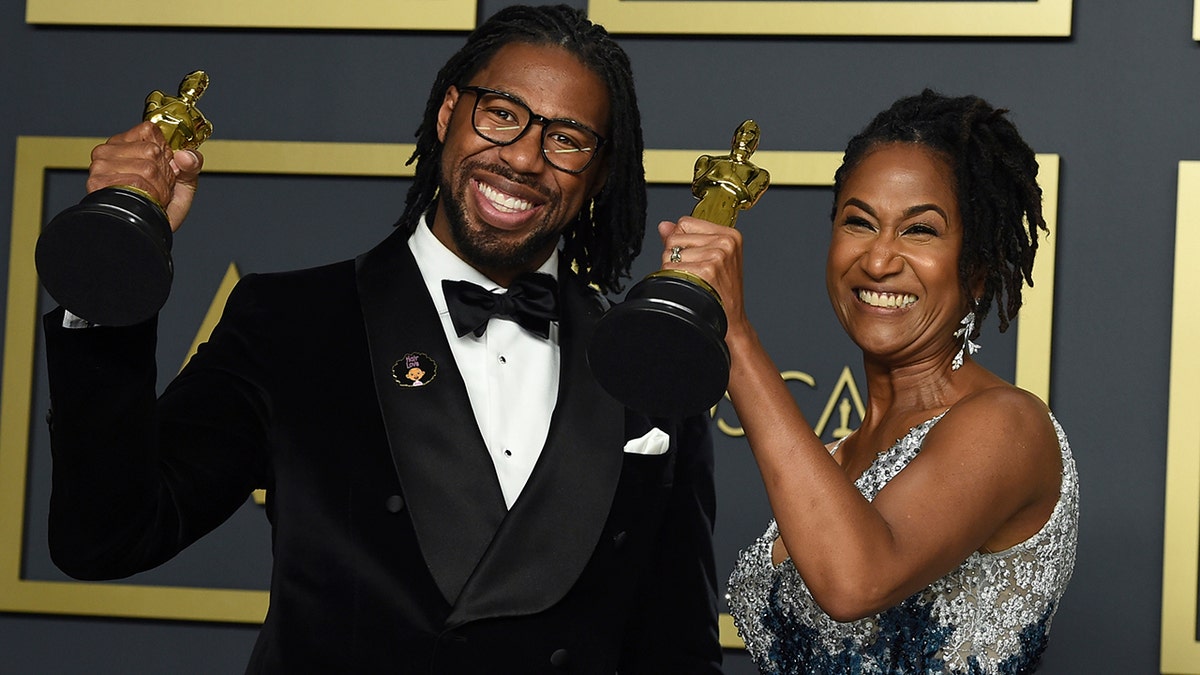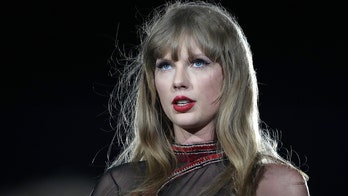Fox News Flash top entertainment headlines for September 9
Fox News Flash top entertainment and celebrity headlines are here. Check out what's clicking today in entertainment.
The leaders of the Academy of Motion Picture Arts and Sciences are speaking out after receiving some backlash for the new inclusion and diversity standards made to the best picture category at the Oscars.
“Change doesn’t come without some variation of views,” said Paramount Pictures CEO Jim Gianopulos, who co-led the task force behind the criteria with film producer DeVon Franklin. “Nothing is absolutely perfect, but this is a very progressive effort to make change.”
Starting with the 96th Academy Awards in 2024, best picture nominees will have to meet specific requirements addressing gender, sexual orientation, race, ethnicity and disability in front of and behind the camera in order to qualify.
OSCARS EXPANDS BEST PICTURE CATEGORY AND SETS NEW RULES FOR DIVERSITY AND INCLUSION
In addition, films must comply with two of four broad representation categories, which include, on-screen; among the crew; at the studio; and in opportunities for training and advancement.
Some individuals said they went too far and accused the new rules of inhibiting art and artists with quotas. Others, like Stacy L. Smith, director of the University of Southern California’s Annenberg Inclusion Initiative, said they didn’t go far enough.
Smith said she could find few Oscar nominees from the past 20 years that didn’t already meet the new standards.

Writer-director Bong Joon-ho, winner of the Best Picture, Director, Original Screenplay, and International Feature Film awards for 'Parasite,' poses in the press room during the 92nd Annual Academy Awards. (Getty)
“I want to commend them for trying and for putting together a criteria because we know criteria is a way to counter bias,” said Smith. “But we’re not seeing anything that will push the conversation forward. They’re not aspirational in any way.”
The Academy leadership team believes the reforms will inspire change, though.
“This is about broadening the definition of excellence. This is about inclusion,” Franklin said. “This is not about exclusion.”
OSCARS CEREMONY DELAYED TO APRIL 2021 DUE TO CORONAVIRUS
The film academy is now embarking on a new five-year plan to address deeper inequities in the business with the best picture adjustment as just one of the efforts. Others include implementing a set 10 best picture nominees starting at the 94th Oscars and mandatory unconscious bias training for academy members.
The best picture standards were specifically designed to be flexible and “give latitude” to filmmakers.
“We feel like they give filmmakers and studios an opportunity to make the movie they want to make and have flexibility in how these standards ultimately get applied,” Franklin said.
Academy President David Rubin added that the academy’s board of governors, which includes Whoopi Goldberg, filmmaker Ava DuVernay, producer Lynette Howell Taylor and executive David Linde, “understands that creative freedom for filmmakers is essential.”
KIRSTIE ALLEY SLAMS NEW OSCARS DIVERSITY AND INCLUSION REQUIREMENTS
Gianopulos said that they were also mindful of films like Sam Mendes’ World War I film “1917,” which by the nature of its story focused mostly on white men and thus wouldn’t meet the first criteria that addresses diversity in front of the camera.
“That’s why there are four criteria,” he said. “If a particular film doesn’t lend itself to people in front of the camera in terms of representation, then there are three other categories in which progress can be made.”

Matthew A. Cherry, left, and Karen Rupert Toliver, 2020 winners of the award for best animated short film for 'Hair Love.' (Jordan Strauss/Invision/AP)
One of those categories is at the studio level, which requires “multiple in-house senior executives in marketing, publicity and/or distribution” to be from an underrepresented group. This was directly inspired by an experience Gianopulos had with one of his films.
“We made a film with a very prominent African American filmmaker that was made for the African American audience and he came to the marketing meeting and stared at a bunch of white faces,” he said. “That tells you everything you need to know.”
CLICK HERE TO GET THE FOX NEWS APP
The film academy plans to gather and analyze data over the next few years from confidential surveys to ensure that the standards are defined properly.
“It isn’t just about meeting the minimum requirements. It’s how do we change the intentions in the industry and in filmmaking,” said Academy CEO Dawn Hudson. “We want success across the industry.”
The Associated Press contributed to this report







